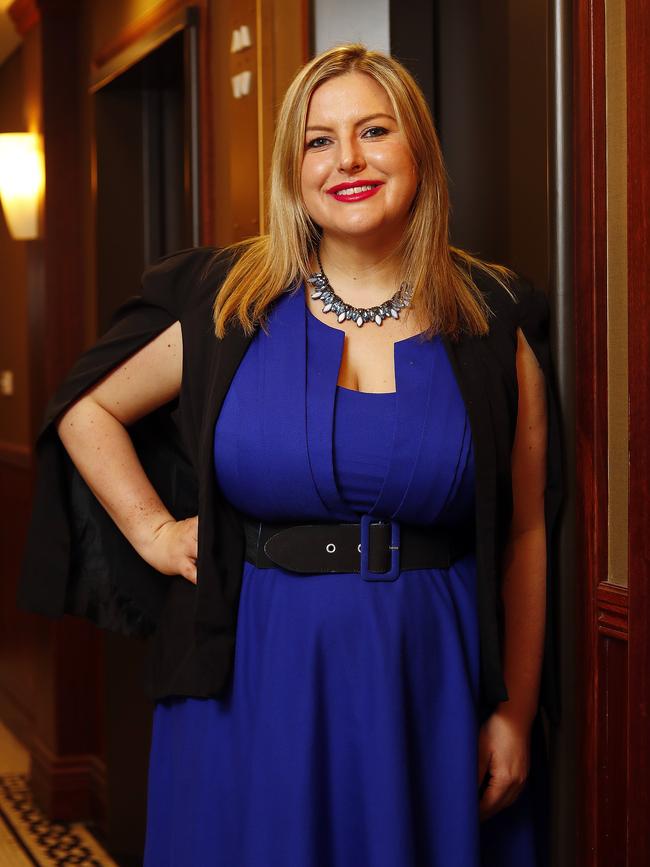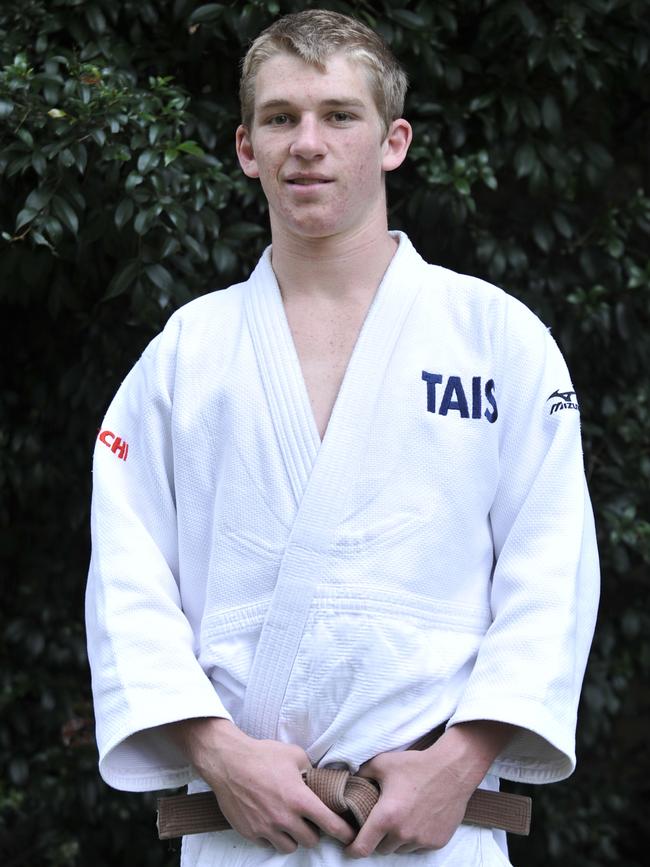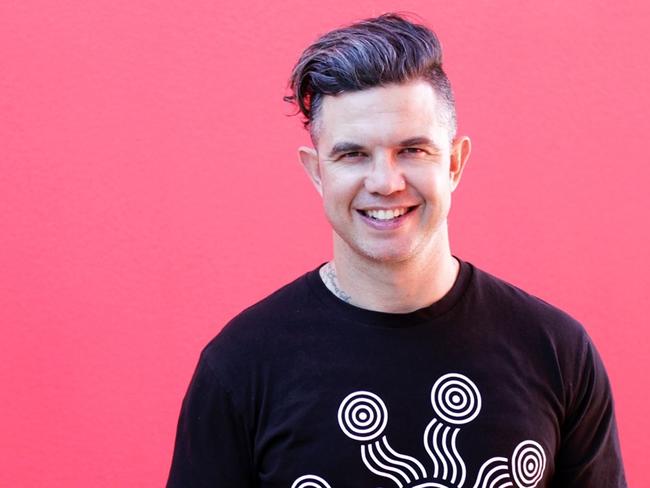Mental health worsens in young Aussies due to COVID-19, report reveals
The National Mental Health Commission is launching stage two of their ‘Getting through this together campaign’ specifically targeting more vulnerable groups, including the young, who have reported a massive increase in mental health issues because of COVID-19.
NSW
Don't miss out on the headlines from NSW. Followed categories will be added to My News.
Three out of four young people feel their mental health has worsened thanks to COVID-19, according to a soon-to-be-released report.
The survey of 3575 young people aged 16-25 conducted by headspace in June showed 86 per cent also felt there had been a negative impact on their mood, wellbeing or sleeping and 77 per cent reported a negative impact on their work, study and financial situation.
The alarming results coincide with the National Mental Health Commission releasing stage two of its mental health and wellbeing program for Australians.

Christine Morgan, CEO of the Commission said the new Getting Through This Together campaign was targeted at those groups who were particularly vulnerable, including women and children who are living in unsafe homes, people struggling with financial stress due to unemployment, young people and year 12 students and those having to endure a gruelling second lockdown.
“We have seen a reported increase in severity of domestic violence and the number of first time reports,” she said.
“I’m really concerned about our young people, year 11 and 12 and those transitioning into school into work or tertiary studies. It looks pretty bleak at the moment but life goes on and we have to give that sense of hope.
“We need to get the message out that we are responding to this by putting supports around you and don’t feel as though you are weak because if you need support. Support can make a difference.”

The mental health impact of COVID-19 has been measured by increased use across services including headspace, Lifeline, Kid’s Helpline, Beyond Blue and Lifeline and telehealth. Increased use of alcohol as a coping measure have also been documented.
MORE FROM JANE HANSEN:
Promising vaccine may head overseas
Poo detectives on COVID-19 frontline
Mum of one and small business owner and RUOK ambassador Kate Taylor has joined the campaign, sharing her experience of how COVID-19 impacted her recruitment business and how she had to respond.
“Within a week we went from having 50 jobs a week to work on to zero, or two, so we were in lockdown and, no one was getting back to us,” she said.
“We were: ‘What are we going to do, downsize, get rid of staff, shut up shop’, but thankfully JobKeeper came in, it saved us.
“During lockdown at home, my team needed a lot of support from me, so I had to be very proactive with my own mental health.
“ I had to see a psychologist regularly and I have a business coach and a lot of friends and family to prop each other up. My key message is to seek support from those around you and professionals if you need it.”

As a Lifeline ambassador, Judo Olympian Nathan Katz has also joined the campaign after several high profile athletes took their own lives.
“Now, more than ever, the message is the tough and difficult periods don’t last forever and there are always people who are there to hear your struggle and be there for you,” he said.
“If people can see high level athletes open up and be a little vulnerable it allows them to do the same.”
As a suicide survivor, former NRL player and professional boxer Joe Williams is also lending his voice to the cause. His own business in suicide prevention “was smashed” by COVID-19 due to the lockdown.
“This campaign is about reaching out to people. People wait too much and anyone knows, we need to pay attention to people’s behaviour, what they say and do and write online — paying attention can save lives,” Mr Williams said.
